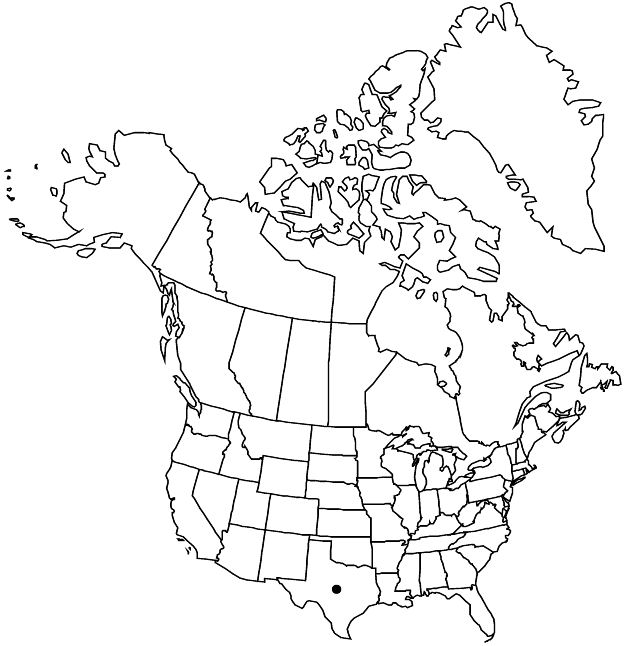Hibiscus striatus subsp. lambertianus
J. Arnold Arbor. 63: 267. 1982.
Subshrubs or shrubs, to 4 m, herbage stellate-tomentose throughout. Stems sparingly armed with ± stout prickles. Leaves: stipules linear-subulate, 3–14 mm; petiole 1/4–3/4 as long as blade, often prickly; blade lanceolate to narrowly ovate, unlobed [lobed], 8–17.5 × 3–8 cm, base truncate to rounded, margins crenate-serrate, apex acute, surfaces stellate-tomentose, nectary absent. Inflorescences solitary flowers in axils of distal leaves. Pedicels not jointed, abscising at base, 1.5–7 cm; involucellar bractlets 10–15, linear-subulate, 1–2.5 cm, margins ± ciliate. Flowers showy, horizontal or ascending; calyx divided 1/2 length, campanulate, 1.5–3.5 cm, somewhat larger in fruit, lobes triangular, apices acute to acuminate, densely stellate-tomentose, sparingly to moderately setose on veins, nectaries absent; corolla broadly funnelform, petals pale mauve, red at base, obovate, 4–12 × 2–6 cm, apical margins repand, sometimes undulate, sparingly coarsely hairy abaxially where exposed in bud; staminal column straight, white or pink, 1.5–4 cm, bearing filaments in ± discrete tiers, free portion of filaments not secund, 1–1.5 mm; pollen pale purple; styles white, wedge-shaped, 2–18 mm; stigmas white. Capsules dark brown, ovoid to ellipsoid, 1.5–3.5 cm, apex acute to depressed, hispid, hairs yellowish to whitish. Seeds dark brown, reniform-ovoid, 2.5–3.5 mm, tomentulose, hairs yellowish to reddish. 2n = 52.
Phenology: Flowering Jun–Oct.
Habitat: Marshes, edges of lakes, usually coastal
Elevation: 0–70 m
Distribution

Tex., se Mexico, West Indies (Cuba, Jamaica), Central America (Honduras), South America (Bolivia, Brazil, Colombia, Peru, Suriname, Venezuela).
Discussion
Subspecies lambertianus is occasionally cultivated as an ornamental.
Selected References
None.